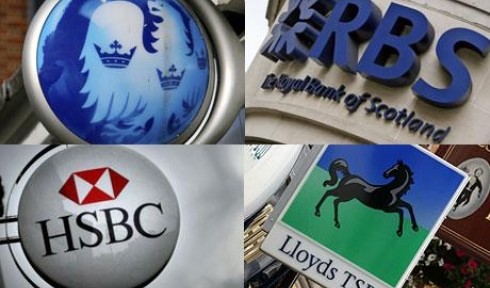The new ‘Basel III’ rules agreed following meeting the meeting means that banks will be forced to hold much more capital to prevent a repeat of the recent financial crisis.
Banks will have to increase their core tier-one capital ratio to 4.5% under the plan. In addition, they will have to carry a further “counter-cyclical” capital conservation buffer of 2.5%. Any bank that fails to meet the new requirements is expected to be banned from paying dividends to shareholders until it has improved its balance sheet.
Jean-Claude Trichet, president of the European Central Bank, said raising the total common equity requirements to 7% was “a fundamental strengthening of global capital standards”.
But the British Bankers’ Association cautioned that the rules had to be implemented gradually. Angela Knight, the BBA’s chief executive, said last night: “Once the new rules and requirements are in, this may well improve stability of banks and of the financial system.
Knight added: “The transition, though, is the critical bit, as the rules suck money out of the economy. Even though the UK banks are in a much stronger place than most on capital, the Basel changes need to be implemented over a long timetable and very carefully sequenced to avoid prolonging the downturn.”
Britain’s banks are seen as relatively well capitalised today. The european stress tests held in July showed that Barclays had a tier-one capital ratio of 13.7%, followed by Royal Bank of Scotland with 11.2%, HSBC with 10.2% and Lloyds Banking Group with 9.2%.


